In new blow to normalization deals, Israel to double settlements in occupied Golan Heights
Israeli prime minister Naftali Bennett says the Tel Aviv regime intends to double the number of illegal settlements in the strategic Golan Heights, and the plan comes in light of normalization agreements between some Arab states and Israel that demand the latter to freeze its plans to annex swathes of the West Bank and other occupied territories.
“This is our moment. This is the moment of the Golan Heights,” Bennett told ministers on Sunday as the cabinet unanimously approved the NIS 1 billion ($317 million) development plan.
“After long and static years in terms of the scope of settlement, our goal today is to double settlement in the Golan Heights,” he added.
During Sunday’s cabinet meeting, Bennett announced two new neighborhoods in the town of Katzrin, as well as two new communities to be named Asif and Matar, each with about 2,000 housing units.
Bennett announced the plan in October, saying that the ultimate goal was to double and eventually quadruple the Israeli settler population in the Golan Heights, from almost 27,000 to 50,000, and then increase it to 100,000 settlers in the coming years.
“The Golan Heights is Israeli, full stop,” he said at the time.
Bennett noted that the Biden administration had adopted former US president Donald Trump’s recognition of the Golan Heights as Israel’s.
Israel seized the Golan Heights from Syria in the closing stages of its 1967 Six-Day War on Arab countries, which also saw the regime occupy the Palestinian territories of the West Bank, East al-Quds, and the Gaza Strip.
Tel Aviv unilaterally annexed the Golan Heights in 1981 in a move not recognized by the international community.
Syria has repeatedly reaffirmed its sovereignty over the Golan Heights, saying the territory must be completely restored to its control.
In March 2019, Trump signed a decree recognizing Israeli “sovereignty” over the occupied Golan during a meeting with then Israeli prime minister Benjamin Netanyahu in Washington.
Almost 22,000 Syrian Druze live in the Israeli-occupied villages of Majdal Shams, Buqata, Masada, and Ein Qiniyye, and are facing numerous Israeli settlement projects, including building wind turbines on their farming lands.
The Israeli regime’s pushing ahead with more settlements comes in light of the US-brokered normalization deals between Israel, the United Arab Emirates, and Bahrain in September 2020.
Israel agreed to delay its plans to annex large chunks of the West Bank and other occupied lands under its normalization agreement with the UAE, something Emirati officials have cited in response to Arab and Muslim criticism.
The UAE and Bahrain were only the third and fourth Arab states to normalize relations with Israel, following Egypt in 1979 and Jordan in 1994.
The Palestinians have condemned the accords and branded the shift by the Persian Gulf nations as “betrayal”.
VIDEO | Kashmir prepares for Ramadan as holy month approaches
VIDEO | Two years on: Families plead for abducted Gaza doctors' release
VIDEO | Up to 4,000 children lost limbs in Gaza war, now trapped without prosthetics
Iran FM arrives in Geneva for next round of indirect talks with US
Israeli strike in eastern Lebanon kills four
Six top Trump administration officials appear in Epstein files
VIDEO | Little short-term gain for US in striking Iran
VIDEO | Israel escalation and 'Board of Peace' meeting


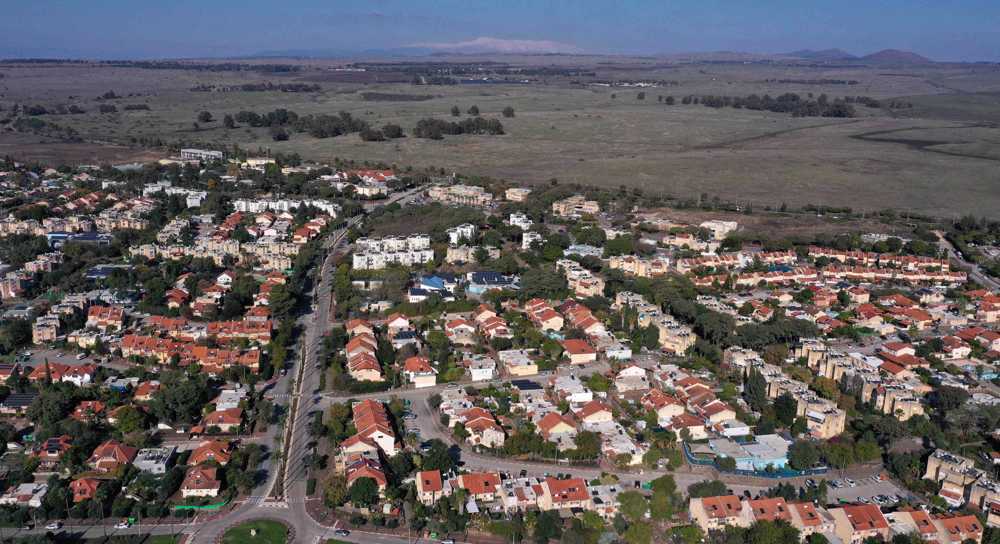
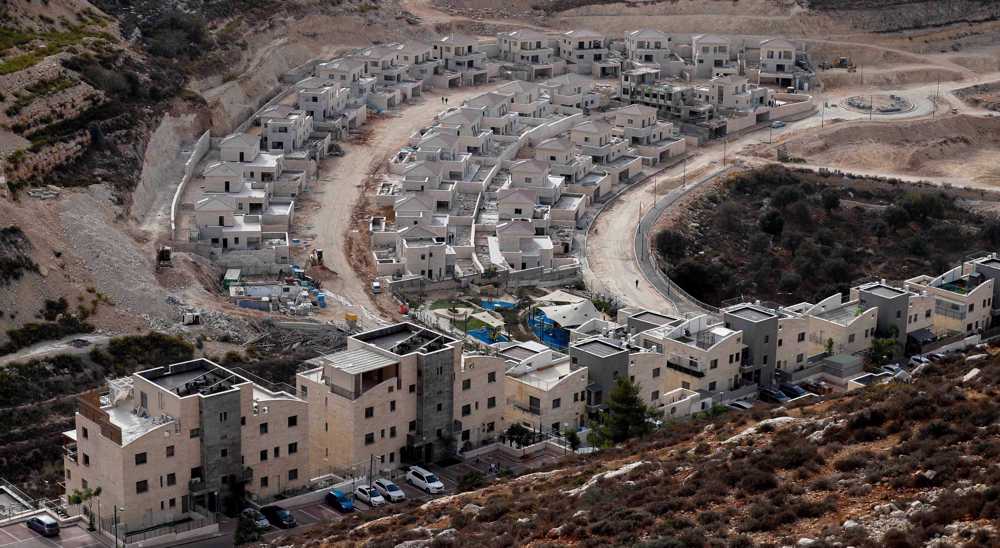
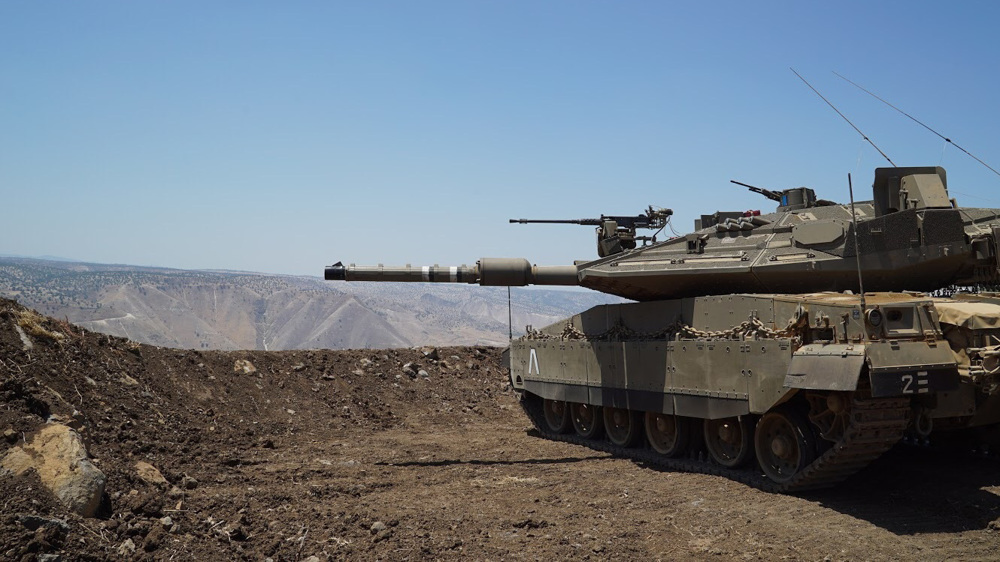
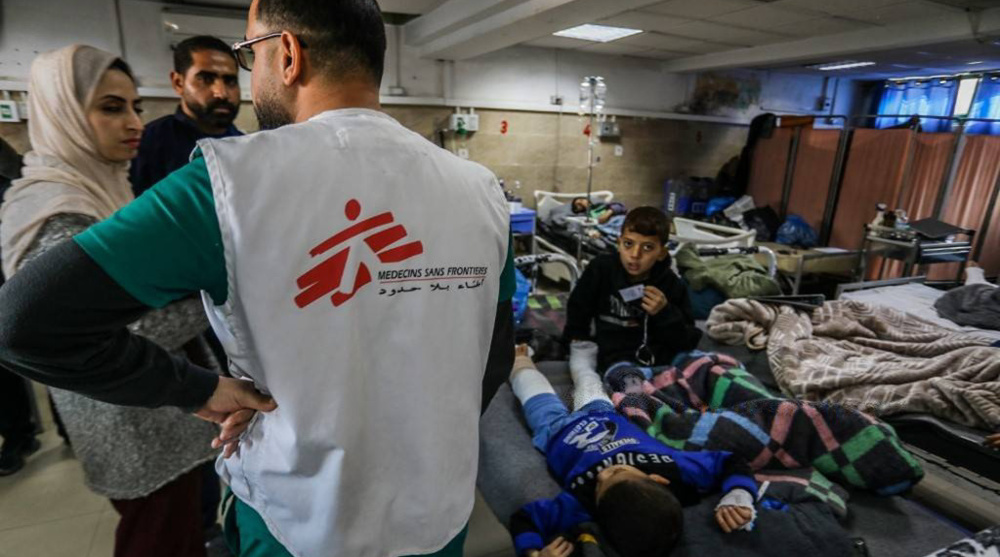
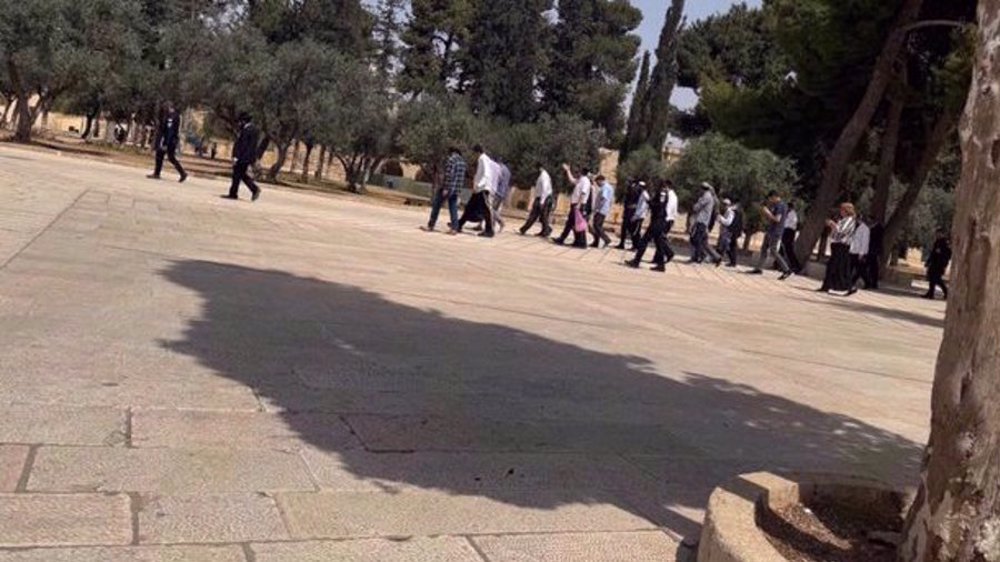
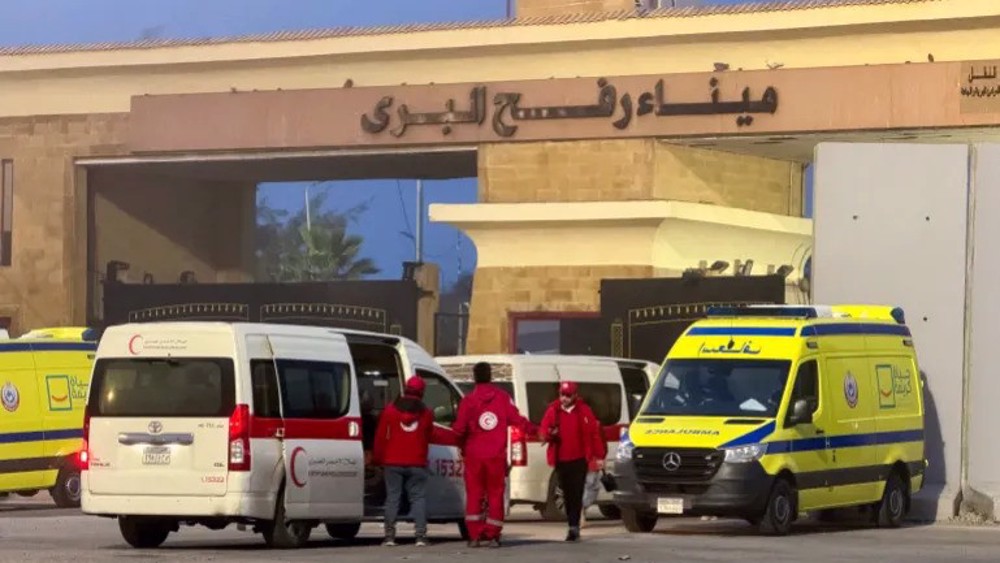



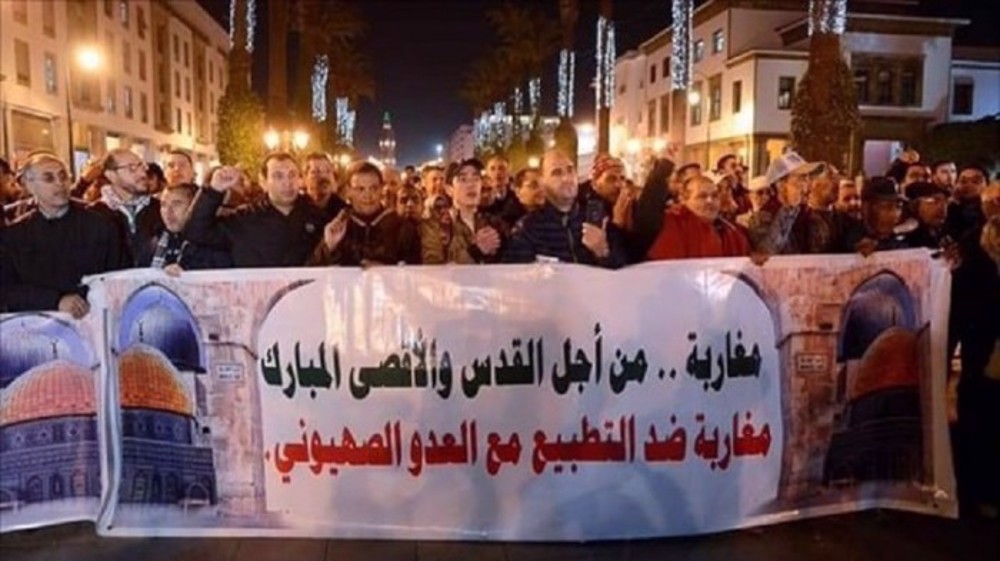
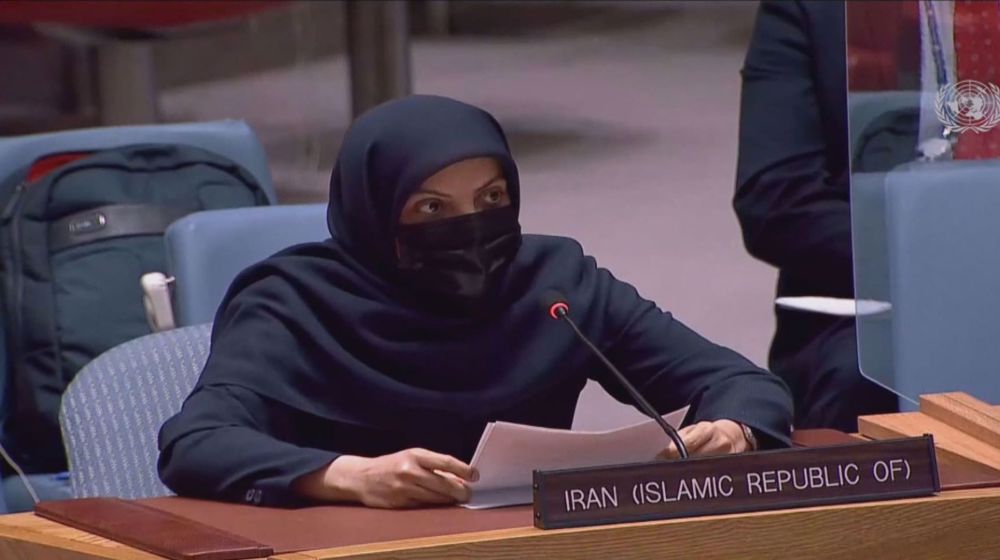
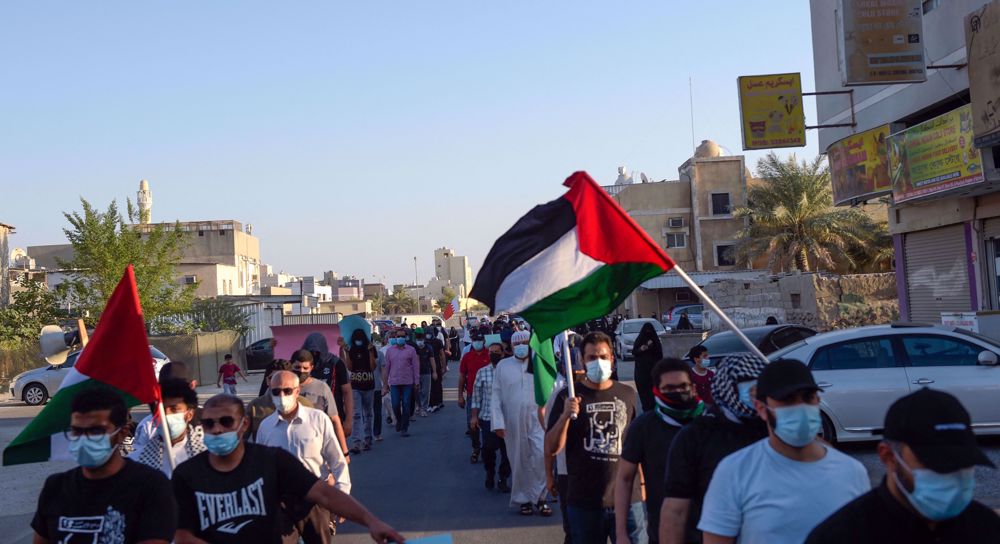

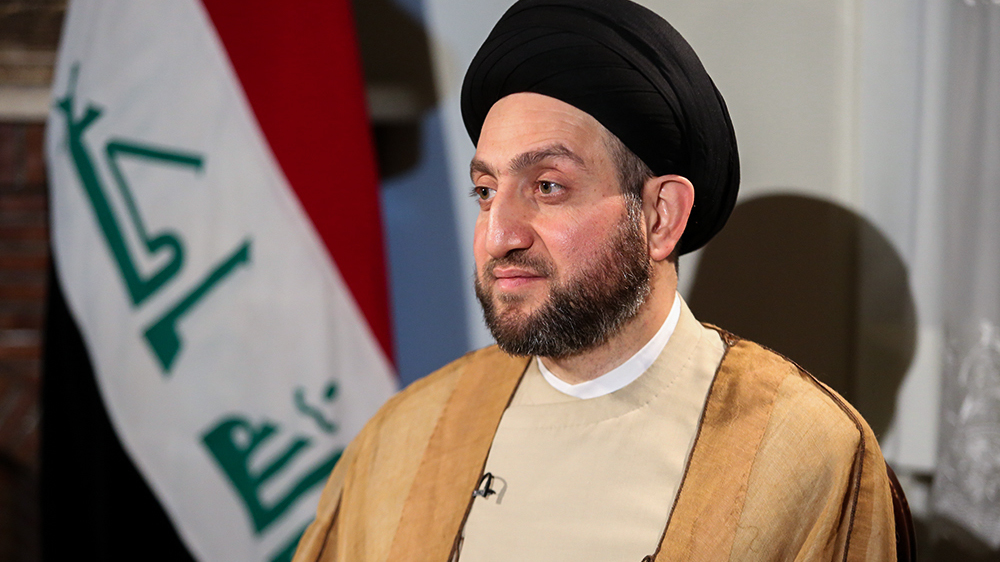
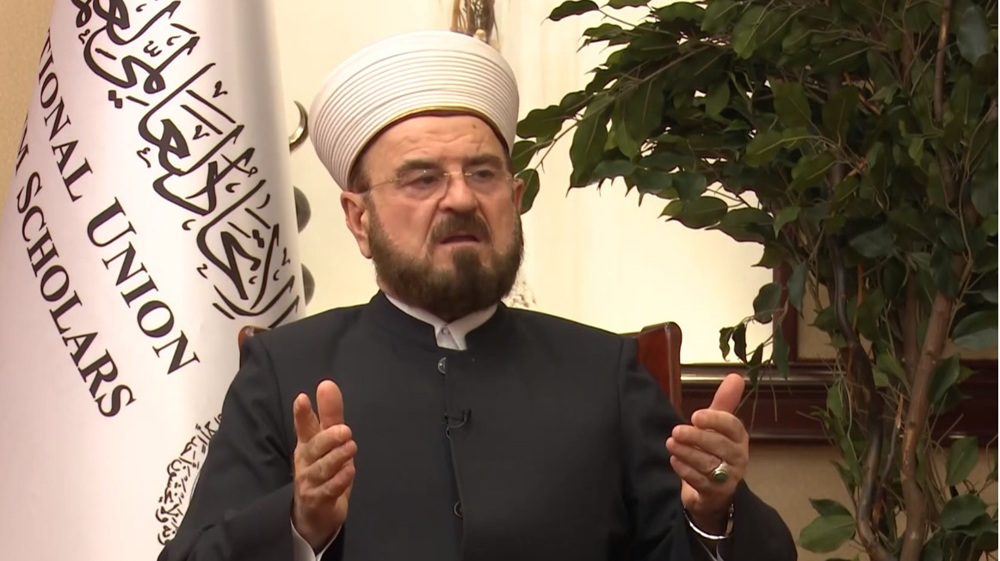

 This makes it easy to access the Press TV website
This makes it easy to access the Press TV website